| |
President's Message
Time has flown by, and serving as President has been an immense privilege and honor. It has truly been an enjoyable experience. Over the past two years, both the field of computational intelligence and the IEEE Computational Intelligence Society have seen significant progress, and I am delighted to have witnessed it firsthand. As I step down from the role of President, I'd like to express two parting thoughts.
Firstly, my heartfelt gratitude goes to the dedicated volunteers and skilled staff whose efforts have propelled CIS to new heights. While our outstanding staff is the glue that binds us, the functioning and flourishing of any IEEE Society depend on a multitude of committed members who contribute their time and talent to various roles across the Society. CIS is fortunate in this aspect. I extend my thanks to every volunteer and staff member, forming an exceptional group from around the globe.
Secondly, I have a message for our student members, young professionals, and those who may not have had the chance to volunteer. I encourage you to consider increasing your involvement in service-oriented activities within your career. From my personal experience and conversations with other active volunteers, it's evident that the benefits derived from volunteer positions far exceed the effort expended. Personally, I've formed countless meaningful friendships worldwide through the various roles I've taken on. The close camaraderie within the CIS community has not only enriched my personal connections but has also positively impacted my technical career. The investment is undoubtedly worthwhile, especially when considering the opportunity to "pay it forward."
While I will miss the role of President, I believe it is a natural progression. As I transition into the Past President role, please feel free to reach out to me at [email protected] with your thoughts, suggestions, questions, and innovative ideas. I welcome your input and will forward your ideas to the new President, Yaochu Jin.
Stay safe and healthy, and I look forward to seeing many of you at CIS events in the coming years.
CIS President, 2022-2023
|
| |
|
| |
CIS AdCom Election Results
Thanks to all for participating in the recent CIS AdCom Election. The votes have now been counted, and the following candidates have been elected:
For the remaining term 1 January 2024 - 31 December 2025
Marley Vellasco
For three year term 1 January 2024 - 31 December 2026
Pauline C. Haddow
Haibo He
Hisao Ishibuchi
Nelishia Pillay
Bing Xue
CIS extends our hearty congratulations to the incoming AdCom class and our sincerest thanks to all candidates for their willingness to serve.
|
| |
|
| |
IEEE Rosenblatt Award Call for Nominations
The IEEE Frank Rosenblatt Award was established in 2004 and is named in honor of Frank Rosenblatt who is widely regarded as one of the founders of neural networks. Basing his research on the study of fly vision, he developed the single-layer input layer and an output layer of neural cells. Frequent presentation of a pattern or patterns resulted in changes in the input to output connections, facilitating future recognition of these patterns, or memory. His work influenced and even anticipated many modern neural network approaches.
Recipient selection is administered through the Technical Field Awards Council of the IEEE Awards Board.
To submit a nomination please visit the IEEE Technical Fields Awards page. Nominations must be finalized by 15 January 2024 and endorsement letters are due on 31 January 2024.
|
| |
|
| |
IEEE Fellow Nomination Portal Now Open
Do you know any uniquely qualified CIS Senior Member who deserves elevation to the IEEE Fellow grade? Please, do not hesitate to nominate them!
The Fellow Portal - Electronic Fellow Nomination System is now open for the IEEE Fellow Class of 2025. The nomination deadline is 7 February 2024.
Click here for more information.
|
| |
|
| |
2024 IEEE CAI

The second edition of the IEEE Conference on Artificial Intelligence (IEEE CAI) will take place at Marina Bay Sands, Singapore, from 25 to 27 June 2024. The Organising Committee invites workshop and tutorial proposals, and paper submissions from industry and academia. The conference will feature industry plenary speakers, an exhibition, and panels to discuss contemporary topics in AI that impact industry and the society.
Important Dates
13 December 2023, Abstract Submission Deadline
20 December 2023, Paper Submission Deadline
|
| |
|
| |
IEEE WCCI 2024

IEEE WCCI is the world's largest technical event on computational intelligence, featuring the three flagship conferences of the IEEE Computational Intelligence Society (CIS) under one roof: The International Joint Conference on Neural Networks (IJCNN), the IEEE International Conference on Fuzzy Systems (FUZZ-IEEE) and the IEEE Congress on Evolutionary Computation (IEEE CEC).
Important Dates
15 December 2023, Competition & Tutorial Proposals Deadline
15 January 2024, Paper Submission Deadline
Visit WCCI2024.org for more information.
|
| |
|
| |
IEEE CIS sponsors and co-sponsors a number of conferences across the globe.
|
| |
|
| |
2023 Neural Network Pioneer Award Recipient
Congratulations to 2023 Neural Network Pioneer Award winner Donald C. Wunsch II. Don accepted his award from CIS Vice President for Conferences Marley Vellasco at IJCNN 2023.
|
| |
|
| |
2023 Fuzzy Systems Pioneer Award Recipient
Congratulations to 2023 Fuzzy Systems Pioneer Award winner Hao Ying. The Award was presented by CIS President Jim Keller during the 2023 IEEE International Conference on Fuzzy Systems.
|
| |
|
| |
IEEE AI and Computational Intelligence Workshop
On 23 October, CIS co-organized a full day workshop titled IEEE AI and Computational Intelligence with The Institute of Digital Games at the University of Malta. We had 50 attendees and 12 talks from leaders within CIS and the University of Malta.
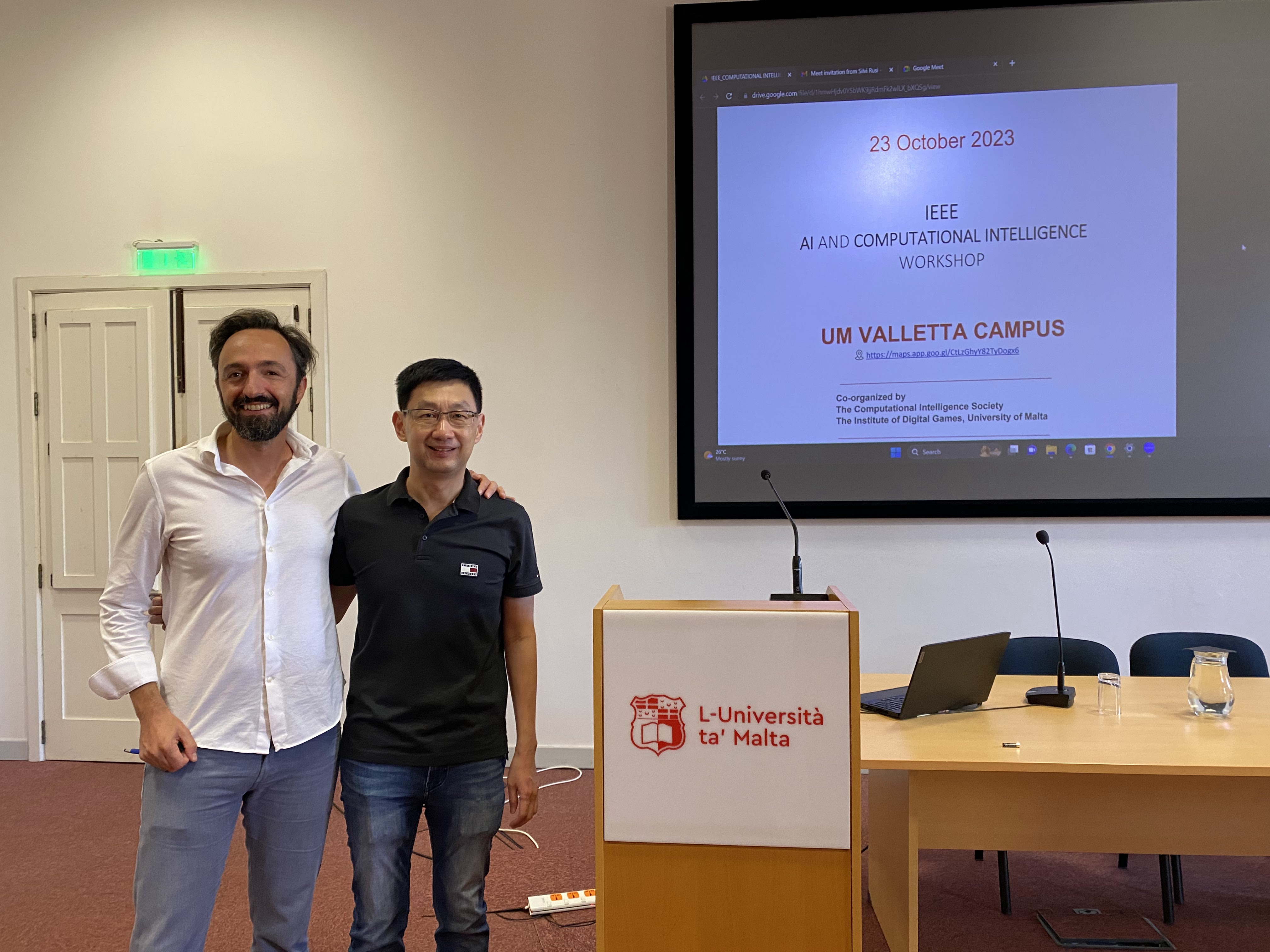
Click here for more information about the workshop.
|
| |
|
| |
2024 Graduate Student Research Grants: Call for Applications
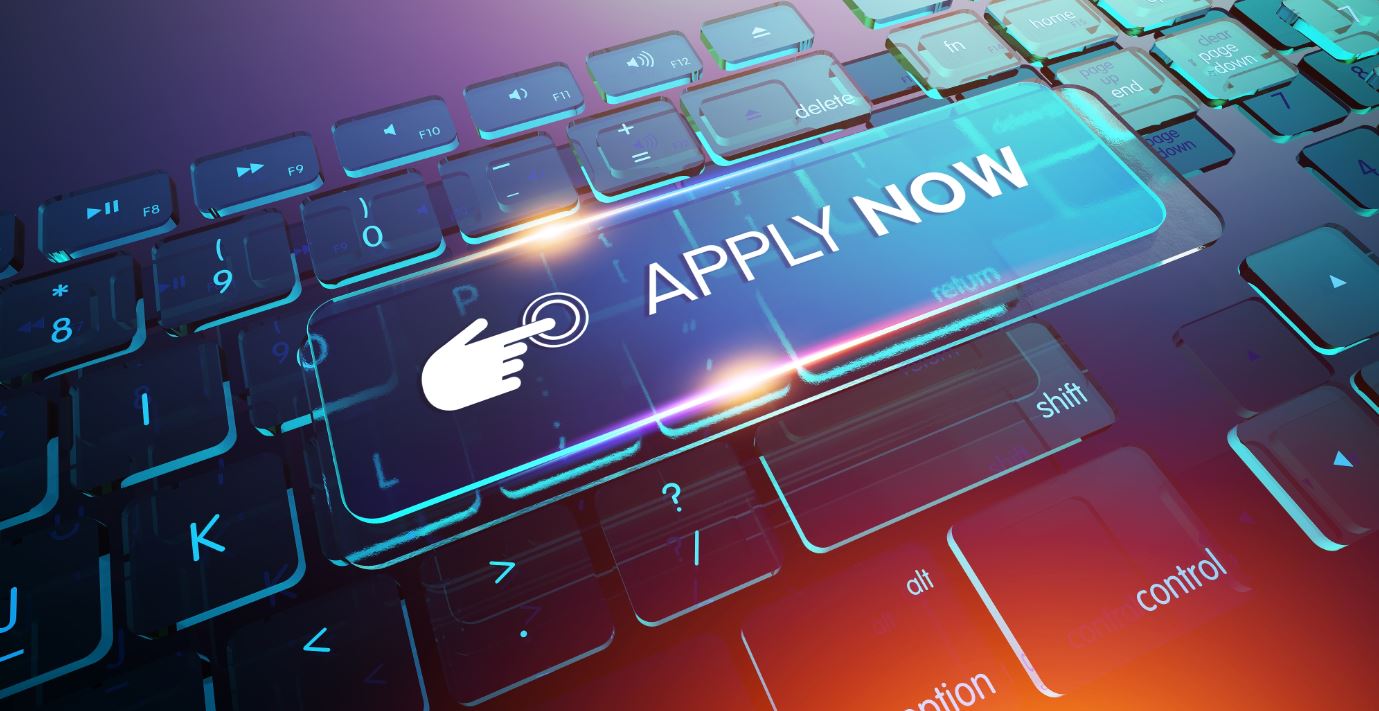
The IEEE Computational Intelligence Society (CIS) funds scholarships for deserving undergraduate, graduate and PhD students who need financial support to carry out their research during an academic break period. The primary intent of these scholarships is to cover the expenses related to a visit to another university, institute, or research agency for collaboration with an identified researcher in the field of interest of the applicant. Funds can be used to cover travel expenses as well as certain living expenses (such as housing). The field of interest of applicants is open but should be connected with an identifiable component of the CIS (neural networks, fuzzy systems, or evolutionary computation).
The deadline for submission of 15 March 2024. More information on the scheme can be found on the Graduate Student Research Grants webpage.
|
| |
|
| |
2024 IEEE CIS Student Grand Competition on Computational Intelligence in Biomedicine and Healthcare

We welcome participants to present computational intelligence solutions for core issues in smart medicine, smart healthcare, and smart hospital including but not limited to personalized, predictive, preventive, and participatory medicine and healthcare solutions. In the preliminary contest, the judge committee will select 10 teams based on the uploaded proposals. In the final contest, the selected teams need to physically or virtually attend the 2024 IEEE World Congress on Computational Intelligence (WCCI) in Japan for real-time demonstration and presentation of their systems.
Prize per team:
- 1st Place Award: US$1,500 + Certificate
- 2nd Place Award: US$1,000 + Certificate
- 3rd Place Award: US$600 + Certificate
- Honorable Mention: Certificate
Website: https://sites.google.com/view/cishackathon
Submission Due: Extended to 15 December 2023
Preliminary Contest: 3 January 2024
Final Contest: 30 June 2024
|
| |
|
| |
Surrogate-Assisted Many-Objective Optimization of Building Energy Management

Building energy management usually involves a number of objectives, such as investment costs, thermal comfort, system resilience, battery life, and many others. However, most existing studies merely consider optimizing less than three objectives since it becomes increasingly difficult as the number of objectives increases. In addition, the optimization of building energy management relies heavily on time-consuming energy component simulators, posing great challenges for conventional evolutionary algorithms that typically require a large number of real function evaluations. Read more
IEEE Computational Intelligence Magazine, November 2023
|
| |
|
| |
The Overlapping Community-Driven Feedback Mechanism to Support Consensus in Social Network Group Decision Making
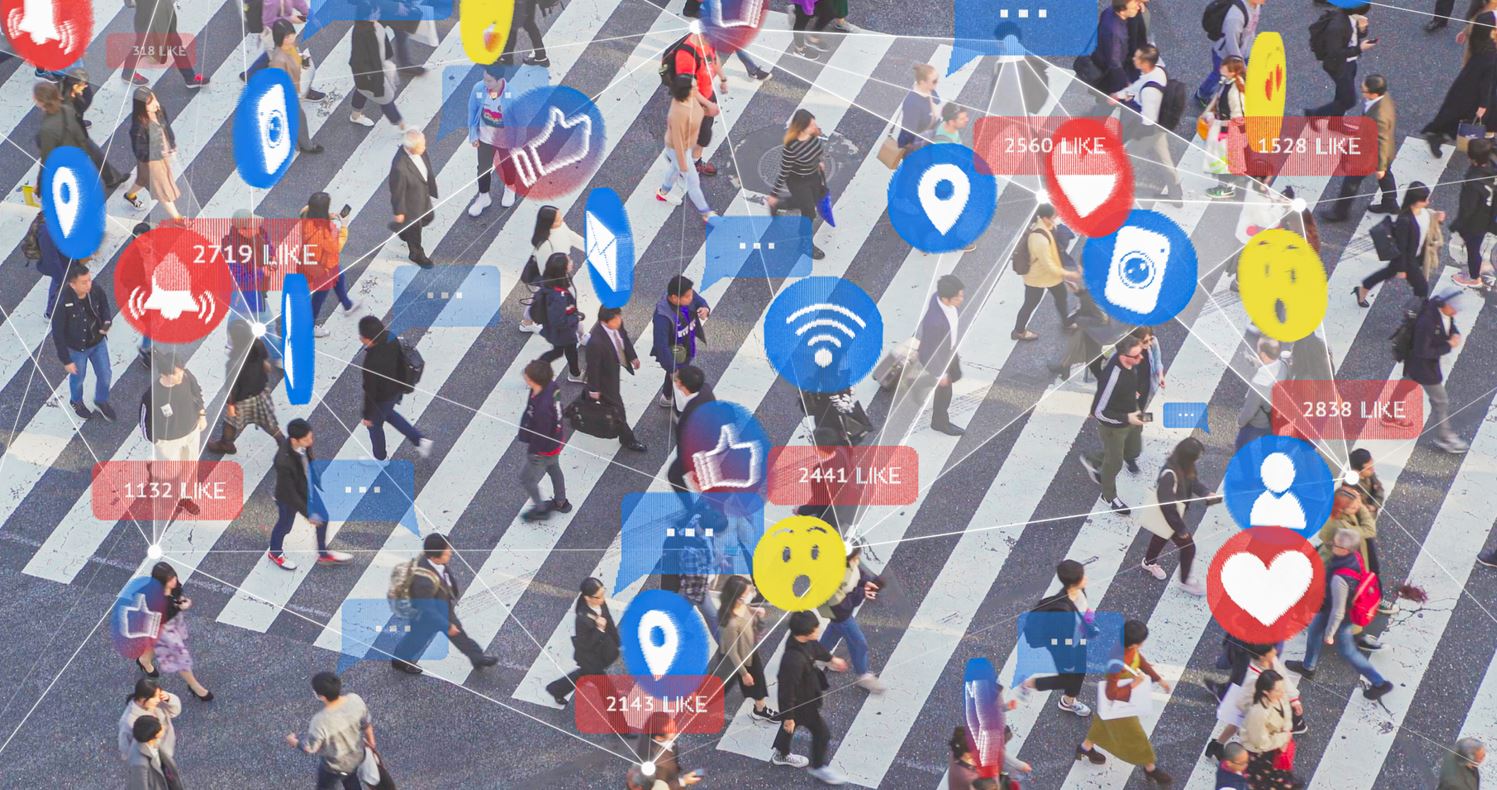
Social network group decision making (SN-GDM) provides valuable support for obtaining agreed decision results by effectively utilizing the connected social trust relationships among individuals. However, the impact of intricately overlapped social trust relationships within overlapping communities on evaluation modifications in the SN-GDM consensus reaching process is seldom considered. To alleviate this issue, this study attempts to construct an overlapping community-driven feedback mechanism for improving consensus in SN-GDM. Read more
IEEE Transactions on Fuzzy Systems, September 2023
|
| |
|
| |
Asynchronous Fault Detection for Memristive Neural Networks With Dwell-Time-Based Communication Protocol
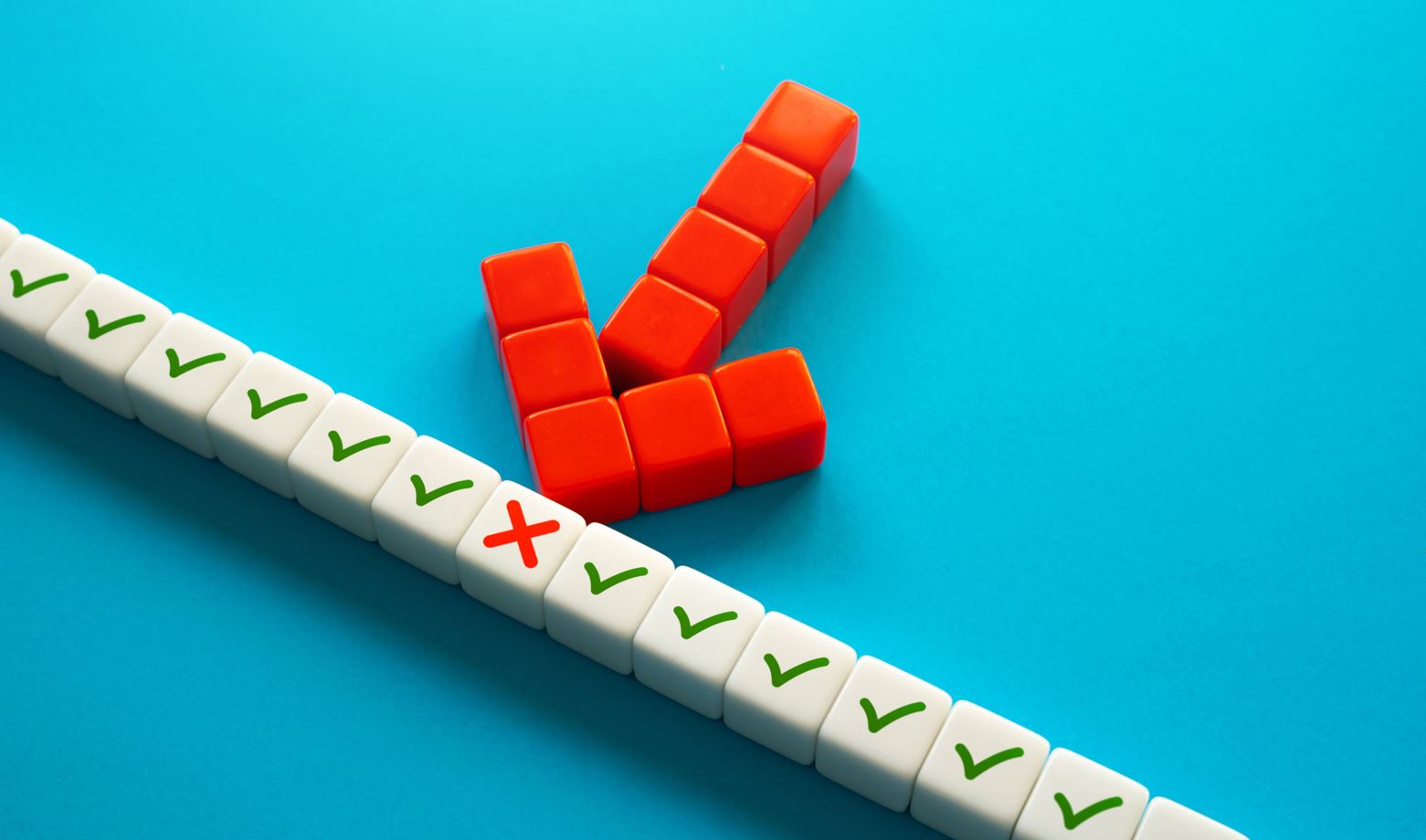
This article studies the asynchronous fault detection filter problem for discrete-time memristive neural networks with a stochastic communication protocol (SCP) and denial-of-service attacks. Aiming at alleviating the occurrence of network-induced phenomena, a dwell-time-based SCP is scheduled to coordinate the packet transmission between sensors and filter, whose deterministic switching signal arranges the proper feedback switching information among the homogeneous Markov processes (HMPs) for different scenarios. Read more
IEEE Transactions on Neural Networks and Learning Systems, November 2023
|
| |
|
| |
Learning to Learn Evolutionary Algorithm: A Learnable Differential Evolution

Research on evolutionary optimization has flourished for several decades. Now it has come to a turning point. With the advancement of artificial intelligence, especially deep learning and reinforcement learning, it is becoming appealing to rethink the design and development of evolutionary algorithm (EA). From our perspective, a new-generation EA should be learned rather than manually designed, based on learning from optimization experiences (such as obtained from optimizing a family of optimization problems), the deep understanding of the roles of recombination operators, and the usage of experiences extracted through history optimization trajectories, so as to intelligently decide the control parameters that can adapt to the problem landscape changes. Read more
IEEE Transactions on Emerging Topics in Computational Intelligence, December 2023
|
| |
|
| |
Improving Deep Reinforcement Learning With Mirror Loss
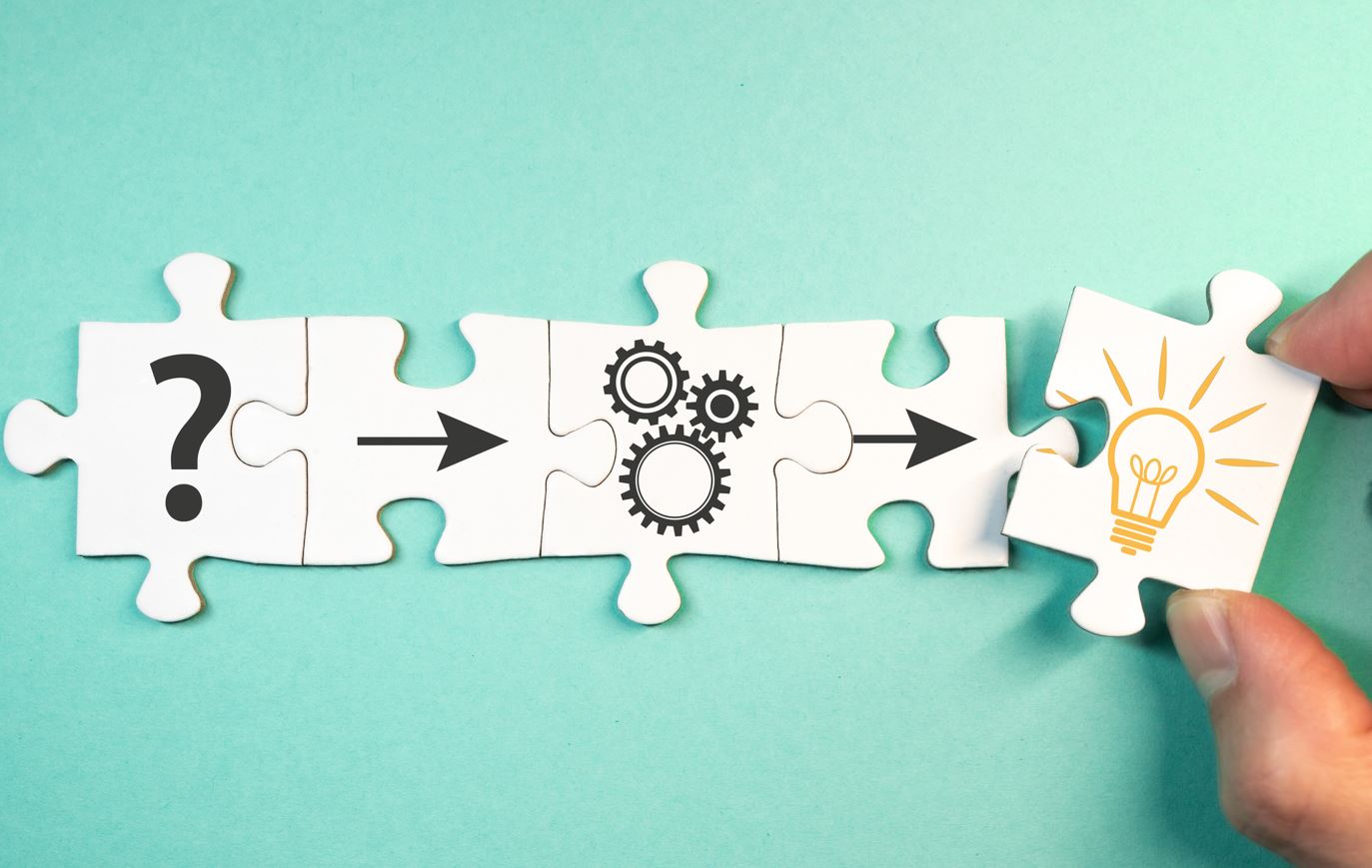
Recent years have witnessed the great breakthrough of deep reinforcement learning (DRL) in various artificial intelligence applications, but the training process needs a very large amount of samples and huge computational costs. To alleviate the low sample efficiency issue, one feasible solution is to improve the state representation learning. We uncover that the agents, trained by the original DRL algorithm, face severe performance degradation in mirrored game environments. As mirror symmetry is an important property of the environment, the poor performance in the mirrored situation indicates that the agents are not fully aware of the essence of the environment. Read more
IEEE Transactions on Games, September 2023
|
| |
|
| |
 Editor Bing Xue
Victoria University of Wellington, New Zealand
Editor Bing Xue
Victoria University of Wellington, New Zealand
Email: [email protected]
|
| |
|
| |
{{my.Comm Preferences:default=edit me}}
|
| |
|
|
|